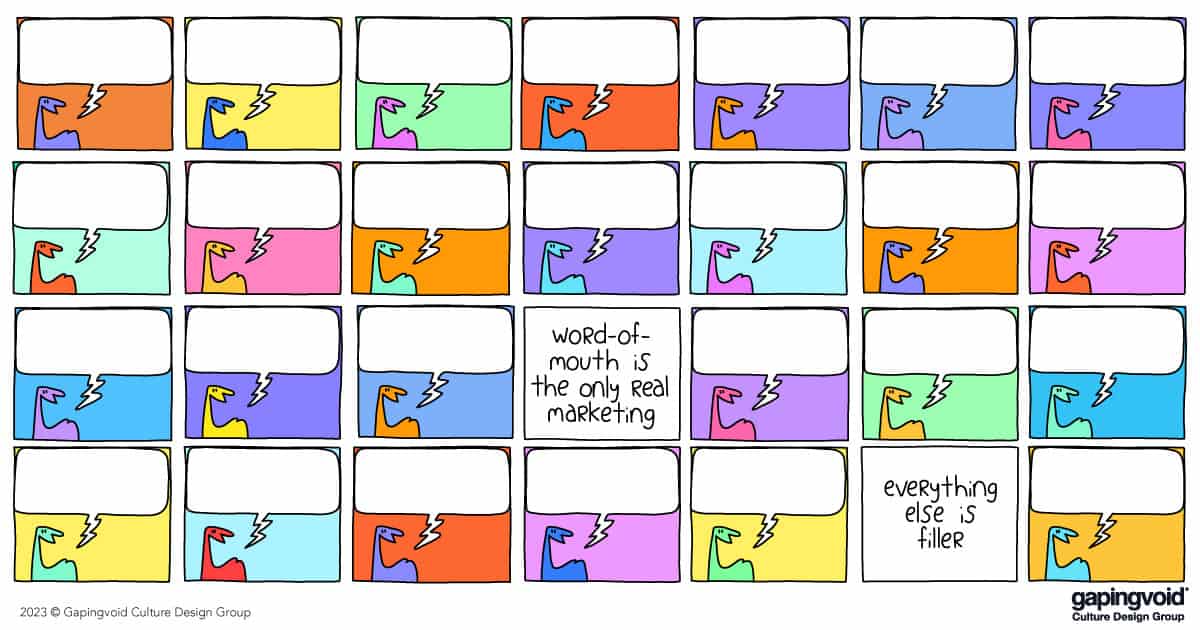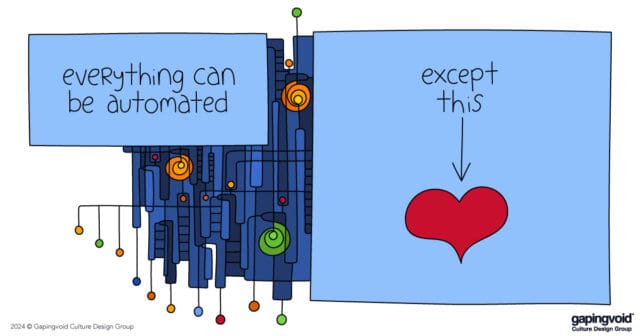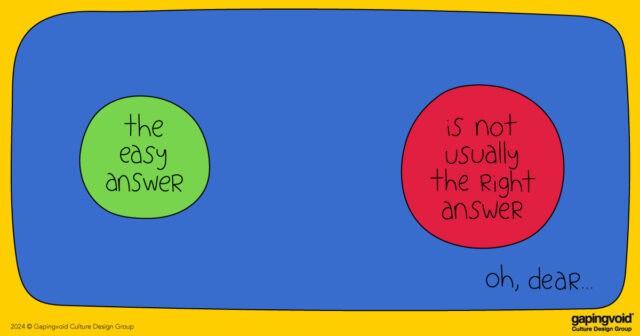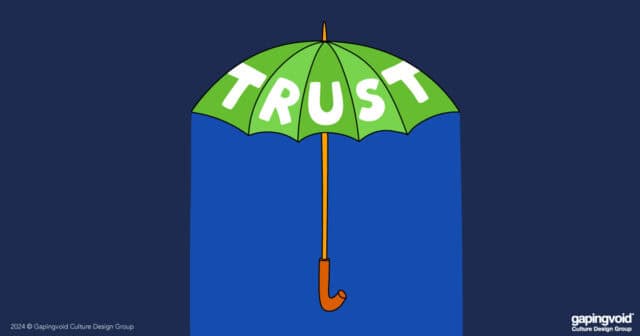
The fear of missing out (a.k.a FOMO) rules the world.
In Influence, Robert Cialdini called it the scarcity principle.
A millennia ago, FOMO was a matter of life or death. That new crop everyone was talking about could mean the difference between eating or starving next winter.
Or everyone in the King’s court buying the latest fashionable Eastern silks signaled to everyone who the “insiders” were at a time when being an “insider” meant you were still allowed to keep your head attached to your neck.
Today, however, FOMO mostly means spending all day on Ticketmaster’s website for a chance to buy Taylor Swift tickets or timing your purchase perfectly after the latest limited edition sneakers are dropped. It still rules our lives, just not so dramatically.
Good marketers have used this human tick as a business advantage for decades. Consider Crumbl, the cookie connoisseurs using scarcity to crush the cookie game.
Crumbl’s menu rotates weekly, with their signature chocolate chip cookie as the only permanent item. Every week like clockwork, they release new, unique flavors, and every week, they sell out fast. They actively cultivate an expectation that the cookies will soon be sold out, especially the mystery flavor, (and if you’re viewing them on Instagram, it’s probably too late). This expectation creates excitement and becomes a self-fulfilling prophecy, driving both word of mouth and sales.
Using FOMO to drive sales is not new, however, rarely do you see it being applied so consistently week after week.
The interesting thing about FOMO is how contagious it is, and how unable we mere mortals are to resist it. This stuff is hard-wired into us, evolutionarily going back millions of years. We KNOW that the latest iPhone won’t change our lives much, but here we are, waiting in line. We KNOW that the latest Marvel movie is pretty much the same ol’ same ol’ as last time, but here we are again, waiting in line. Ditto Crumbl cookies.
As our old friend from the early blogging days, Deb Schultz loves to say, “Technology changes, people don’t.”



